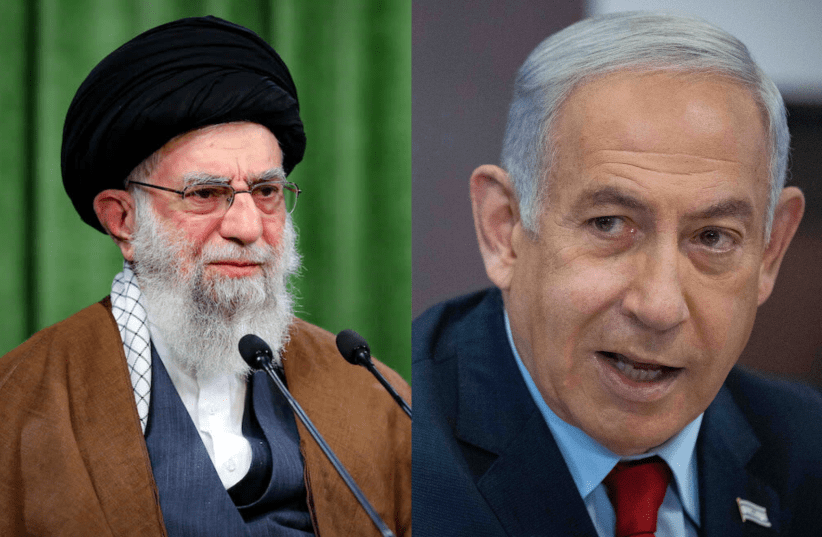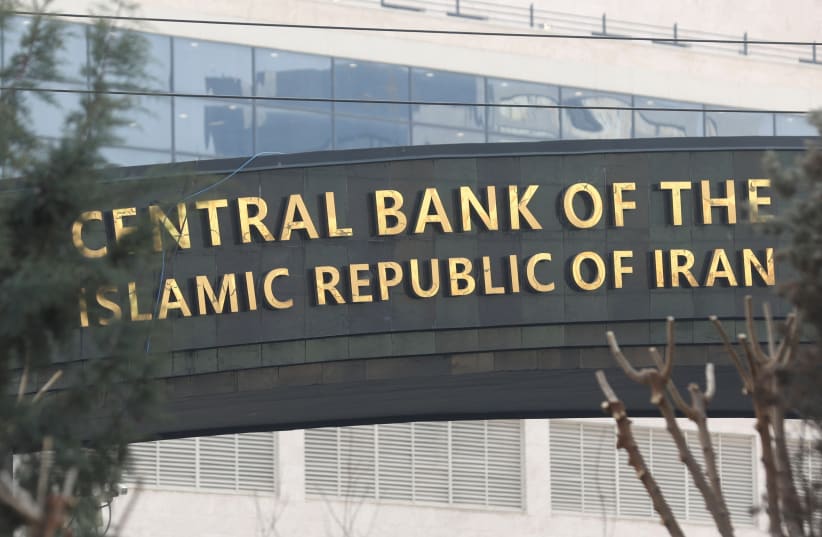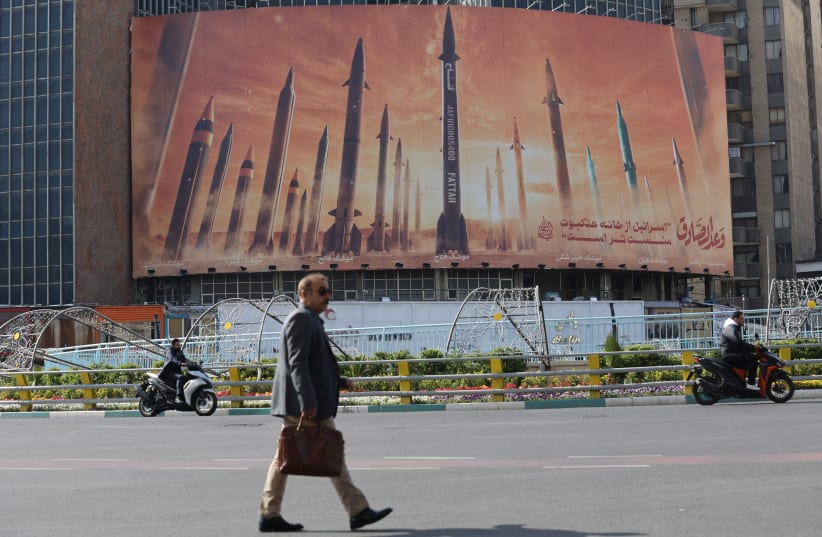Foreign
Iran executes karate champion and volunteer children’s coach

Two young Iranian men were hanged by Iran on Saturday, January 7. One was a karate champ and the other was a volunteer coach for children. This brings the total number of executions in Iran related to the protests that have rocked the country since September to four.
Mohammad Mehdi Karami and Seyed Mohammad Hosseini were hanged early Saturday morning, Iranian state-affiliated Fars News reported.

According to Iran’s news agency Mizan, the pair were accused of taking part in anti-regime demonstrations last year. They were convicted of murdering Seyed Ruhollah Azamian, a member in Karaj of the country’s Basij paramilitary forces, on November 3.
Mohammad Hossein Aghasi, a lawyer advocating for Karami, posted to Twitter Saturday, that Karami was not given final rights to speak to his family before his execution.
The lawyer added that Karami had begun a dry food hunger strike Wednesday as a form of protest against officials for not allowing Aghasi to represent him.
As many as 41 more protesters have received death sentences in recent months, according to statements from Iranian officials.
Karami, 21, was an Iranian-Kurdish karate champion who sported a tattoo of the Olympic rings on the inside of his arm. His cousin said that Karami was a brave, intelligent boy and got into karate at age 11. He went on to join the Iranian youth national team and later won the national championships.
Last month Karami’s parents posted a video to social media begging the Iranian state to spare his life. His father said, “My son is among the karate champions of Iran and has several national titles, and was the fourth-ranked member on Iran’s national team … I beg of you to please lift the execution order.”
Karami was convicted on December 5, less than a week after his trial began in Tehran over the alleged killing of the paramilitary. Amnesty described the trial as bearing “no resemblance to a meaningful judicial proceeding.” His family alleges he was tortured in prison and refused access to a lawyer.
Amnesty International published a quote from Karami’s father that read: “I go to the court and prison every morning and then walk aimlessly in the streets. This morning I went to prison, but the assistant prosecutor stationed in the prison was not there. They told me that I must stop going there if my case related to the protests. They do not give you any response.
“Every night I am terrified that they would give me the news of my child’s execution,” his father said. “I have lost hope… they have sentenced my child to death and might carry out his execution any minute.”
Seyyed Mohammad Hosseini, 20, was arrested on his way to visit his parent’s graves, according to Ye-One Rhie. His brother was also taken and has not been heard from, the parliamentarian said.
According to Amnesty, Hosseini was convicted in the same hearing as Karami and two other men who were also sentenced to death, Hamid Ghare-Hasalou and Hossein Mohammadi.
Amnesty International says the convictions relied on forced confessions.
“Before the group trial had started, state media aired the defendants’ forced “confessions” and described them as “murderers”, in breach of their rights to presumption of innocence and freedom from torture and other cruel, inhumane and degrading treatment,” Amnesty wrote.

























